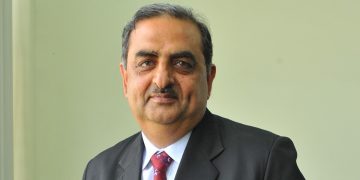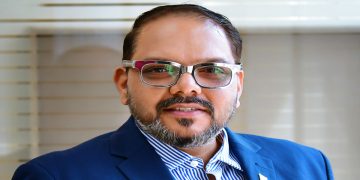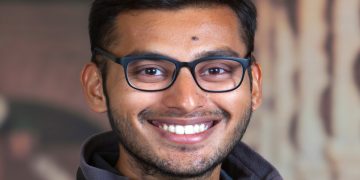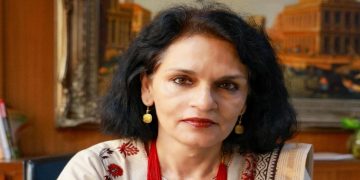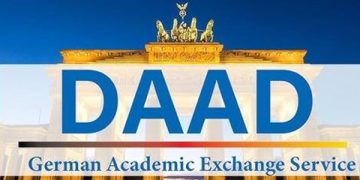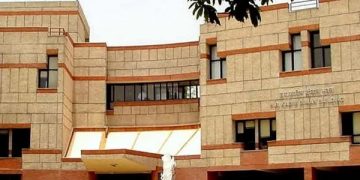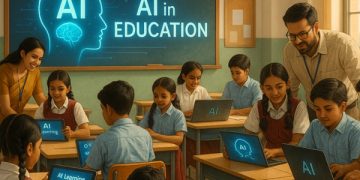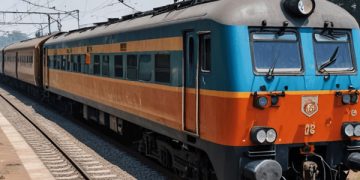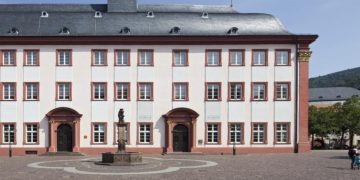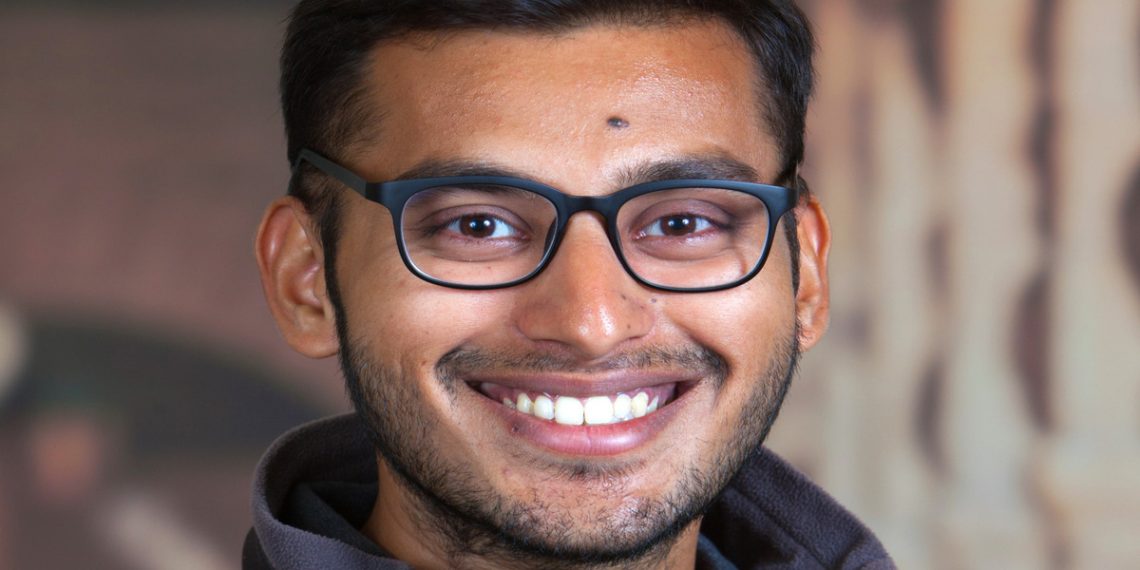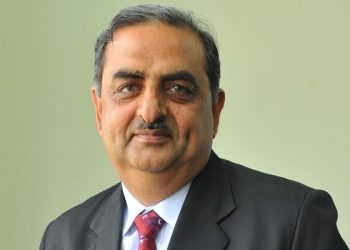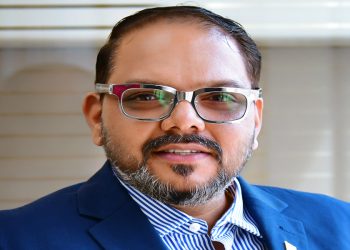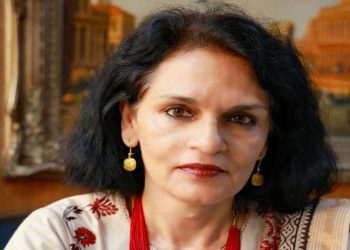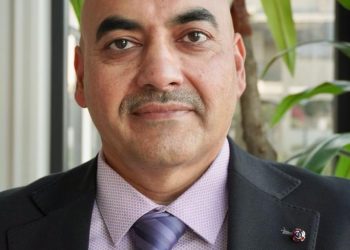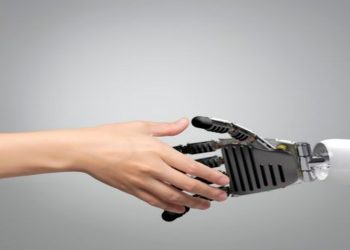Akshay Jain, Director of Projects at Kruu, has dedicated his career to reshaping how young people learn by making education more experiential, inclusive, and impactful. With academic foundations in Economics from the National University of Singapore (NUS) and International Education Policy from Stanford University, combined with significant work in higher education reforms and project-based learning (PBL), he brings a global yet deeply contextual perspective to transforming education in India and beyond. In this interview, he shares his journey, insights, and vision for the future of learning.
Q. You have studied Economics at NUS and pursued International Education Policy at Stanford. How have these diverse academic experiences shaped your vision for transforming education in India and beyond?
My time at NUS gave me a strong grounding in economics and analytical thinking, while Stanford exposed me to global innovations in education policy and practice. Both experiences were deeply experiential – whether through international immersions, research-driven learning, or engaging directly with practitioners shaping education systems worldwide. These journeys reinforced my belief that education should not just be about absorbing content, but about immersing oneself in real problems, collaborating with diverse peers, and creating knowledge that has direct social impact. That philosophy guides my work at Kruu today.
Q. During your work with the Andhra Pradesh government on the 2016 Private Universities Act, what key lessons did you learn about higher education reforms that continue to guide your work today?
The biggest lesson I took away was that universities must serve as knowledge hubs that don’t just cater to enrolled students but also inspire schools, local communities, and broader society. Education reform is not only about regulation, but about building ecosystems of knowledge, creativity, and ethical leadership. The Act eventually gave rise to Krea University, where I worked for four years to shape a liberal arts model that foregrounded interdisciplinarity, research, and social impact. That experience continues to shape how I think of higher education institutions as drivers of positive change well beyond their campuses.
Q. Kruu emphasises project-based learning (PBL) as its core approach. In your view, why is PBL critical for preparing students for the future compared to traditional classroom models?
PBL equips students with the ability to think critically, collaborate, and apply knowledge in dynamic, real-world contexts. Unlike traditional classroom models that often prioritise rote learning, PBL immerses students in meaningful problems, encouraging them to experiment, fail, and innovate. These are exactly the kinds of mindsets and skills the future demands – resilience, adaptability, and creativity – and they are best nurtured through projects that connect learning with life.
Q. Having worked internationally and within India, how do you balance global best practices with local educational realities when designing student programmes?
Global best practices offer valuable inspiration, but they need to be adapted thoughtfully to local contexts. For example, models I saw in the US or Singapore around experiential learning were powerful, but in India, equity and access need to be central considerations. At Kruu, we design projects that retain international rigour while being sensitive to cultural realities, linguistic diversity, and the varying levels of exposure among students. It’s about marrying aspiration with inclusion.
Q. Kruu integrates real-world projects with themes like AI for social good and biotech. What specific 21st-century skills do you see as most urgent for students to acquire through such experiential models?
Beyond technical literacy, the most urgent skills are problem-solving, ethical reasoning, teamwork, and the ability to learn continuously. Whether the theme is AI, biotech, or sustainability, students must be able to ask the right questions, evaluate the social implications of their work, and collaborate across disciplines. These are not just “future skills” – they are timeless human capacities that project-based learning helps develop.
Q. Kruu’s mission is anchored in “No Child Gets Left Behind.” How do you ensure that experiential and project-based learning is accessible to students from diverse socio-economic backgrounds?
Accessibility is at the heart of Kruu’s design. We ensure projects are modular, low-cost, and adaptable so that every child can participate regardless of their background. Our platform’s UI/UX is intentionally intuitive, mobile-friendly, and designed to work even in low-tech or low-bandwidth environments, which makes experiential learning possible for students in the most resource-constrained contexts. By combining thoughtful technology with projects rooted in everyday realities – like energy use, food systems, or urban challenges – we make sure every child can see themselves reflected in the learning process and grow with it.
Q. With over 470,000 students impacted already, how does Kruu measure the long-term outcomes of its programmes beyond immediate engagement?
Beyond immediate engagement, we are now building structured pathways that allow serious learners to go deeper – from advanced research opportunities to business incubation with Kruu’s university partners. These pathways give us a long-term lens: we measure how students progress into higher education, careers, and social impact ventures with the confidence and skills they’ve cultivated at Kruu. For us, true success lies in sustaining impact and nurturing students’ long-term vision for themselves and their communities.
Q. You’ve worked on student life and career development at Krea University as well. How do platforms like Kruu help students transition more smoothly from school to higher education and future careers?
At Krea, I saw firsthand the importance of preparing students not just academically, but for life – equipping them with resilience, curiosity, and leadership. Kruu builds on that vision by giving school students early exposure to interdisciplinary problem-solving, teamwork, and reflective thinking. With our new pathways model, students can progress from introductory projects to advanced opportunities in research, innovation, and entrepreneurship with our university partners. This ensures they don’t enter higher education as passive learners, but as confident, future-ready individuals who can chart their own journeys.
Q. Kruu is now expanding to regions like the UAE, Philippines, and Latin America. What opportunities and challenges do you foresee in adapting the PBL model across different cultural and educational contexts?
The opportunity lies in the universal appeal of project-based learning – every child, regardless of culture, thrives when engaged in meaningful, hands-on work. The challenge is in contextualisation: ensuring projects reflect local realities, languages, and aspirations. Our approach has been to co-create with local educators and partners so that while the core philosophy remains global, the projects feel deeply relevant to each context.
Q. How do your personal roots and interests influence your approach to making education more experiential and connected to real life?
I grew up in Chandni Chowk in Delhi, surrounded by history, food, and cultural diversity. I have personally led heritage walks there which taught me that the best learning happens not in a classroom, but when you immerse yourself in lived experiences, stories, and community. That perspective shapes how I think about education – as something vibrant, tangible, and connected to life. Whether it’s exploring heritage, food systems, or technology, I believe students learn best when they can experience the richness of a problem and enjoy the creative process of solving it with diverse-minded peers.
Akshay Jain’s vision for education is clear: it must move beyond textbooks and classrooms into lived experiences that prepare students for real-world challenges. Through his work at Kruu, he has demonstrated how project-based learning can nurture critical thinking, resilience, and social responsibility while remaining accessible to students from all backgrounds. As Kruu continues to expand globally, Jain’s belief that every child deserves meaningful, hands-on education remains at the heart of his mission.

